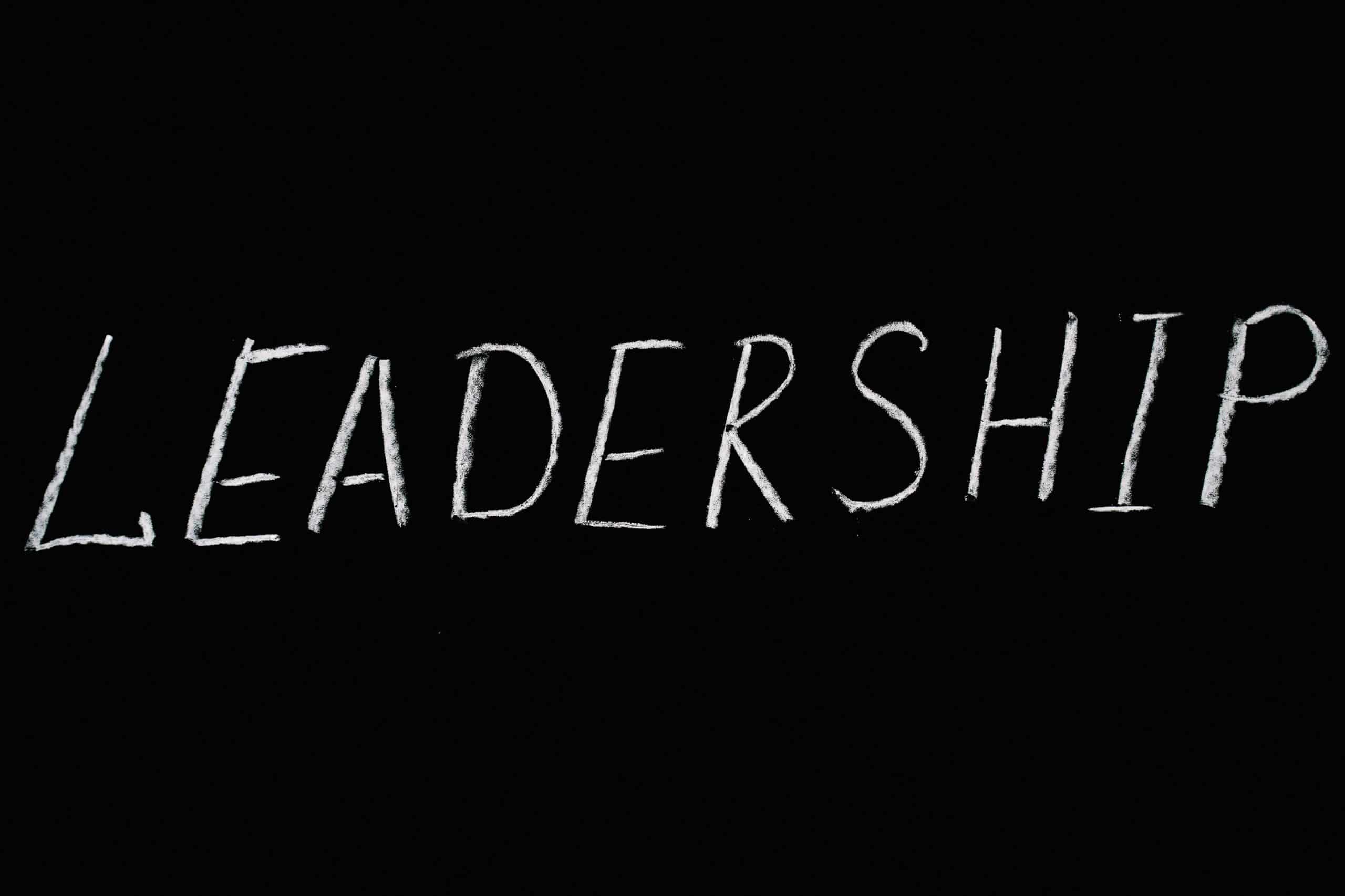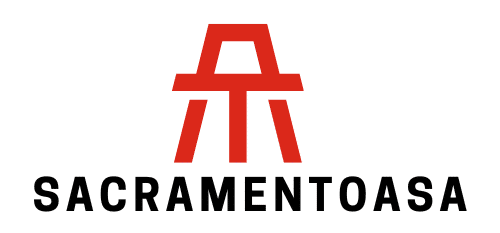What Are the Best Practices for Tenant Relationship Management in the Post-Pandemic Era?

In a world reshaped by the experience of a global pandemic, the property rental industry has not been spared. The Covid-19 pandemic has brought about significant changes in the way landlords manage their properties and interact with their tenants. With the easing of pandemic restrictions and the gradual return to normalcy, it is crucial for landlords to adapt their tenant management strategies to this new reality. As a landlord, what do you need to know to build stronger relationships with your tenants, secure steady rental income, and maintain your property business in these changing times? This article explores the best practices for tenant relationship management in the post-Covid era.
1. Maintaining Open and Effective Communication
Communication is the cornerstone of every successful landlord-tenant relationship. In the post-pandemic era, establishing open and effective channels of communication with your tenants is more critical than ever.
Lire également : What Are the Latest Innovations in Construction Materials for Sustainable Real Estate?
As landlords, you may find yourselves dealing with tenants who are experiencing unprecedented levels of stress and uncertainty. They could be dealing with job loss, health concerns, or other issues brought on by the pandemic. As a result, they may be more likely than ever to require your understanding, patience, and support.
Effective communication involves listening to your tenants’ concerns, understanding their needs, and responding to them in a timely and compassionate way. This can range from discussing and negotiating rent reductions or payment plans for struggling tenants, to providing regular updates about health and safety measures in the building. By maintaining open lines of communication, you can ensure your tenants feel valued and supported, which can, in turn, foster stronger, more positive landlord-tenant relationships.
A voir aussi : What Are the Best Practices for Real Estate Agents When Dealing with Property Under Probate?
2. Adapting to New Tenant Expectations
The pandemic has reshaped tenant expectations in significant ways. As landlords, understanding and adapting to these new expectations is key to managing your properties effectively in a post-Covid world.
Many tenants are now working from home, which has increased their desire for functional living spaces. They may expect properties that can easily accommodate home offices, fitness rooms, or children’s learning areas. In addition, cleanliness and safety have become significant concerns for tenants. They may expect frequent deep cleaning of common areas, provision of hand sanitizers, and clear guidelines on physical distancing within the building.
Adapting your properties and practices to these new expectations will show your tenants that you understand their needs and are willing to make changes to accommodate them. This can go a long way in fostering good relationships with your tenants and ensuring they are happy and comfortable in their homes.
3. Investing in Property Management Technologies
The use of property management technologies was already on the rise before the pandemic, and this trend has only accelerated in the post-Covid era. These technologies can greatly enhance your ability to manage your properties and communicate with your tenants.
Digital platforms allow for easy communication between landlords and tenants, automated rent collection, and swift response to maintenance requests. In a time when physical distancing is still the norm, these platforms offer a safe and convenient way for landlords and tenants to interact.
Investing in these technologies can streamline your property management processes, reduce the time and resources you spend on administrative tasks, and improve tenant satisfaction.
4. Offering Flexible Rental Terms
The pandemic has brought about significant changes in the job market, with many people experiencing job loss or shifting to remote work. This has made flexibility a crucial factor for many tenants when looking for rental properties.
As a landlord, offering flexible rental terms can be a smart business move in these uncertain times. This could include offering month-to-month leases, allowing tenants to break their lease without penalty under certain conditions, or offering discounted rent for longer lease terms.
These flexible terms can make your properties more attractive to potential tenants, helping you to maintain a steady rental income even in unstable times. Plus, it shows your commitment to meeting the needs of your tenants, which can foster stronger, healthier landlord-tenant relationships.
5. Providing Support and Resources
The pandemic has shown us the importance of community support, and this extends to the landlord-tenant relationship as well.
As a landlord, you can provide support to your tenants in various ways – from offering resources on where to find financial assistance, to creating a community within your building or complex. This could involve setting up online forums for tenants to connect and share resources, or organizing virtual events to foster a sense of community.
Offering such support not only helps your tenants navigate these challenging times, but also helps you build stronger relationships with them. They will appreciate your efforts and are likely to stay longer and take better care of your property, which is beneficial for your business in the long run.
6. Practicing Empathy and Understanding
In the wake of the pandemic, the world has experienced a wave of emotional and economic challenges. Many tenants have faced hardship in the form of job loss, illness, or other personal crises. Amid these circumstances, landlords must practice empathy and understanding in their interactions with tenants.
As property managers, it’s crucial to appreciate the difficult circumstances tenants may be grappling with. This may mean showing leniency in rent collection for tenants who’ve lost their jobs, providing rental assistance to those in need or being flexible with lease terms.
Empathy also extends to understanding the changing needs of tenants. Many have shifted to working from home, requiring quiet, functional spaces within their homes. Arranging for any necessary modifications to accommodate this need showcases your understanding and willingness to adjust to their new work-life context.
Such gestures of compassion and flexibility not only foster a sense of goodwill and trust but also increase tenant satisfaction, thereby enhancing the tenant experience and relationship.
7. Ensuring Health and Safety
The Covid pandemic has thrust the importance of health and safety into the forefront of our everyday lives. For property owners, keeping rental properties clean, safe, and compliant with health guidelines is paramount.
Post-pandemic, tenants have heightened expectations for cleanliness and safety in their homes and shared spaces. Regular deep-cleaning of common areas, maintaining good air ventilation systems, and ensuring access control to limit unnecessary traffic can help meet these expectations.
Furthermore, clear communication about the health and safety measures in place can reassure tenants of their safety. Digital platforms can be used to share updates on cleaning schedules, safety regulations, and emergency protocols.
In the post-pandemic era, demonstrating a commitment to health and safety can significantly improve the landlord-tenant relationship and enhance tenant satisfaction.
Conclusion
The post-Covid era has brought about a sea change in the way landlords interact with their tenants and manage rental properties. As we navigate this new reality, the best practices for tenant relationship management revolve around open communication, understanding and adapting to new tenant expectations, investing in property management technologies, offering flexible rental terms, providing support and resources, practicing empathy, and ensuring health and safety.
While the pandemic has posed numerous challenges, it also offers property managers a unique opportunity to build stronger relationships with their tenants. By implementing these best practices, landlords can foster a positive tenant experience, enhance tenant satisfaction and keep their properties occupied, which ultimately benefits their real estate businesses.
In these changing times, the real estate industry in Los Angeles and other rental markets worldwide can adopt these practices to create a healthier, more resilient future for the rental industry. The key lies in recognizing the challenges thrown up by the pandemic as catalysts for positive change and growth, rather than mere hurdles to be overcome.
